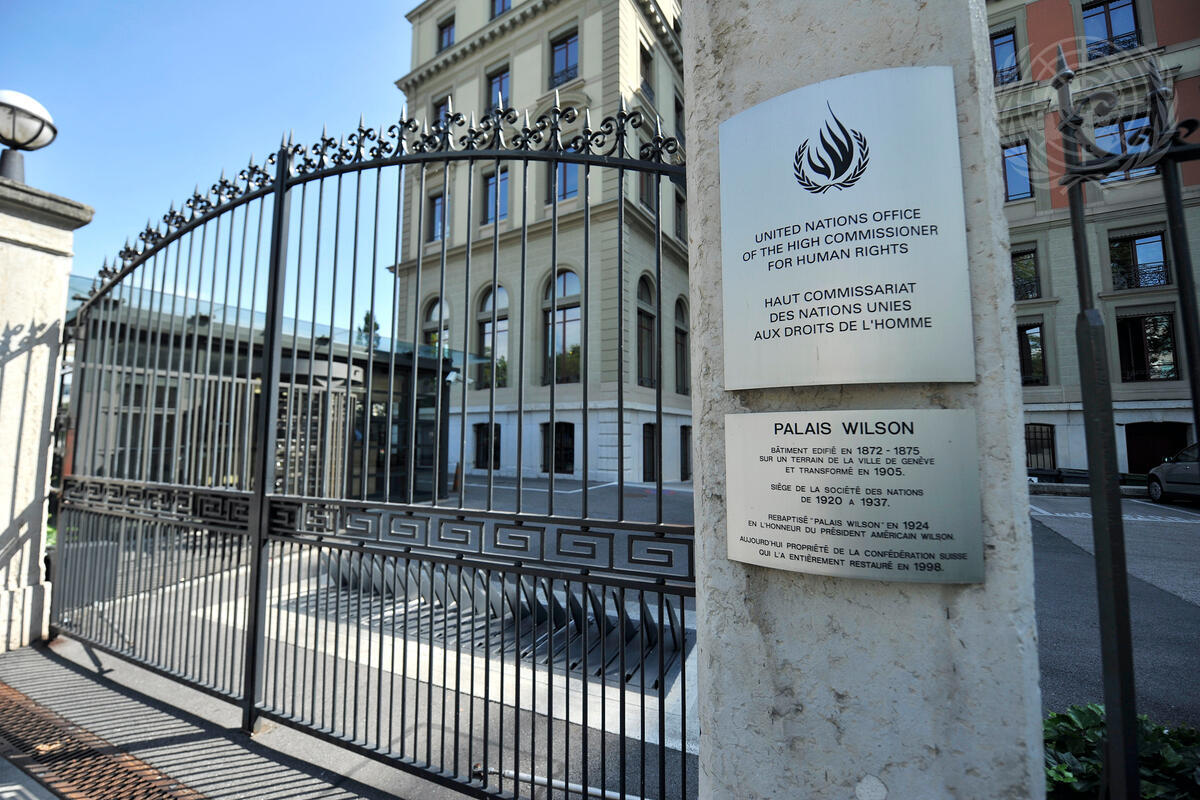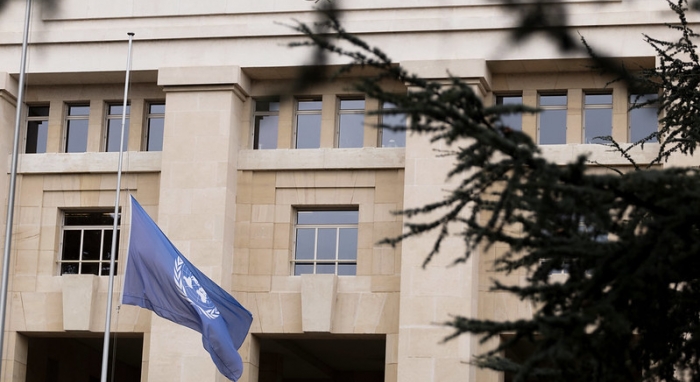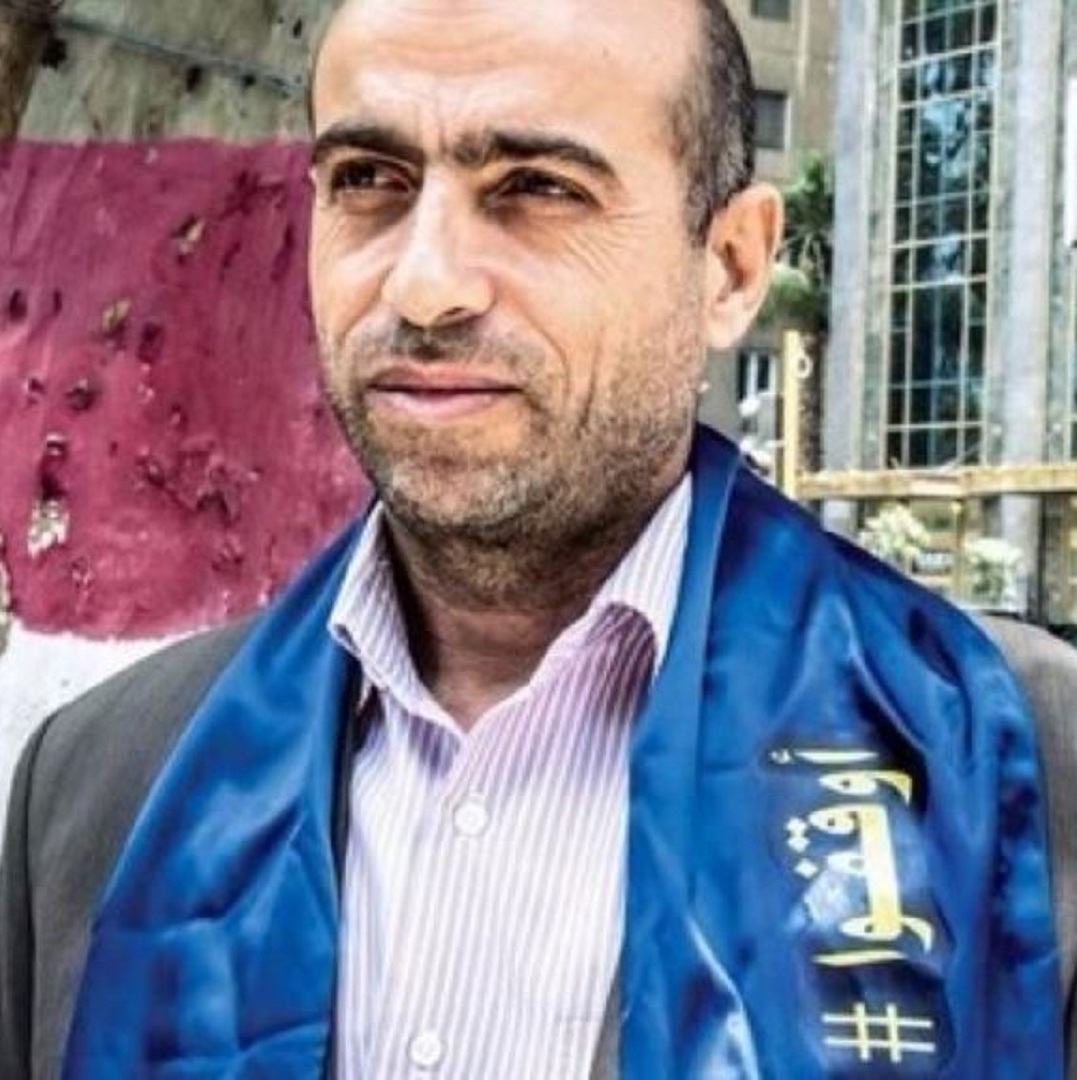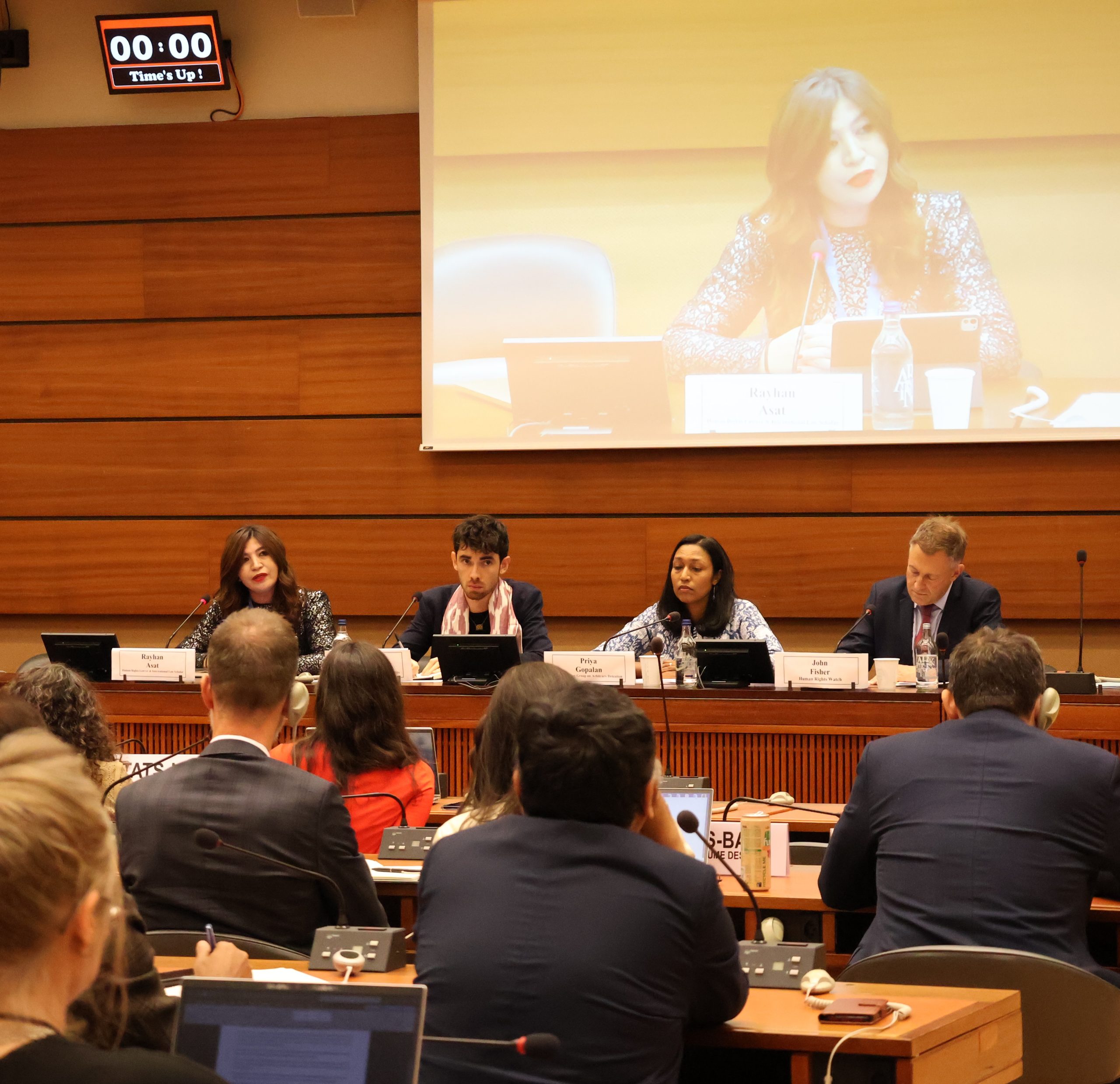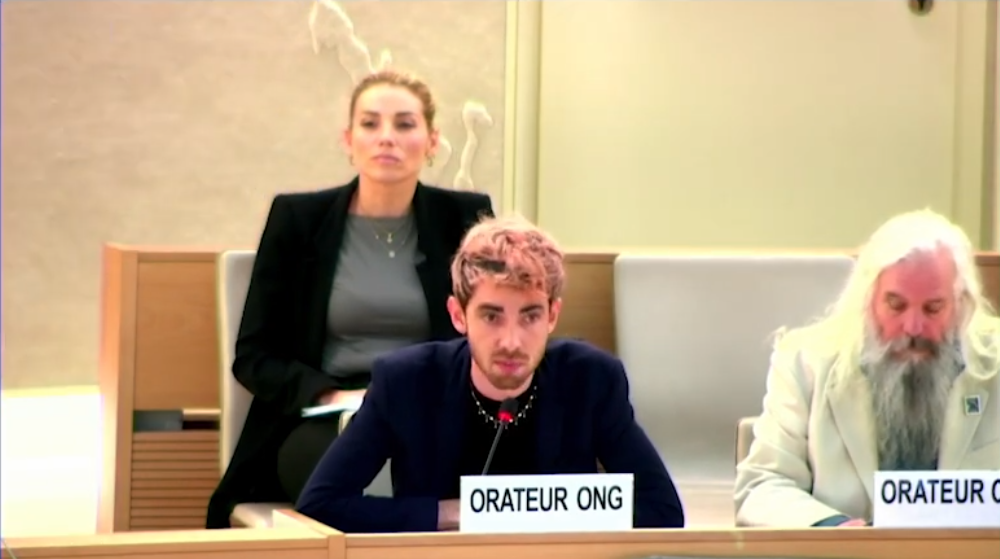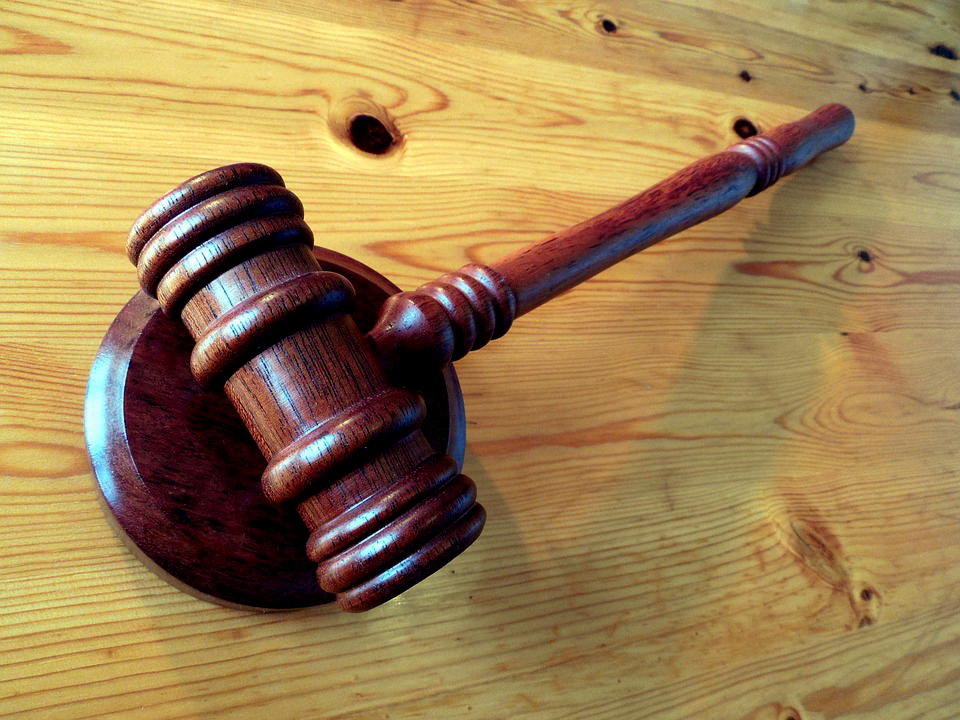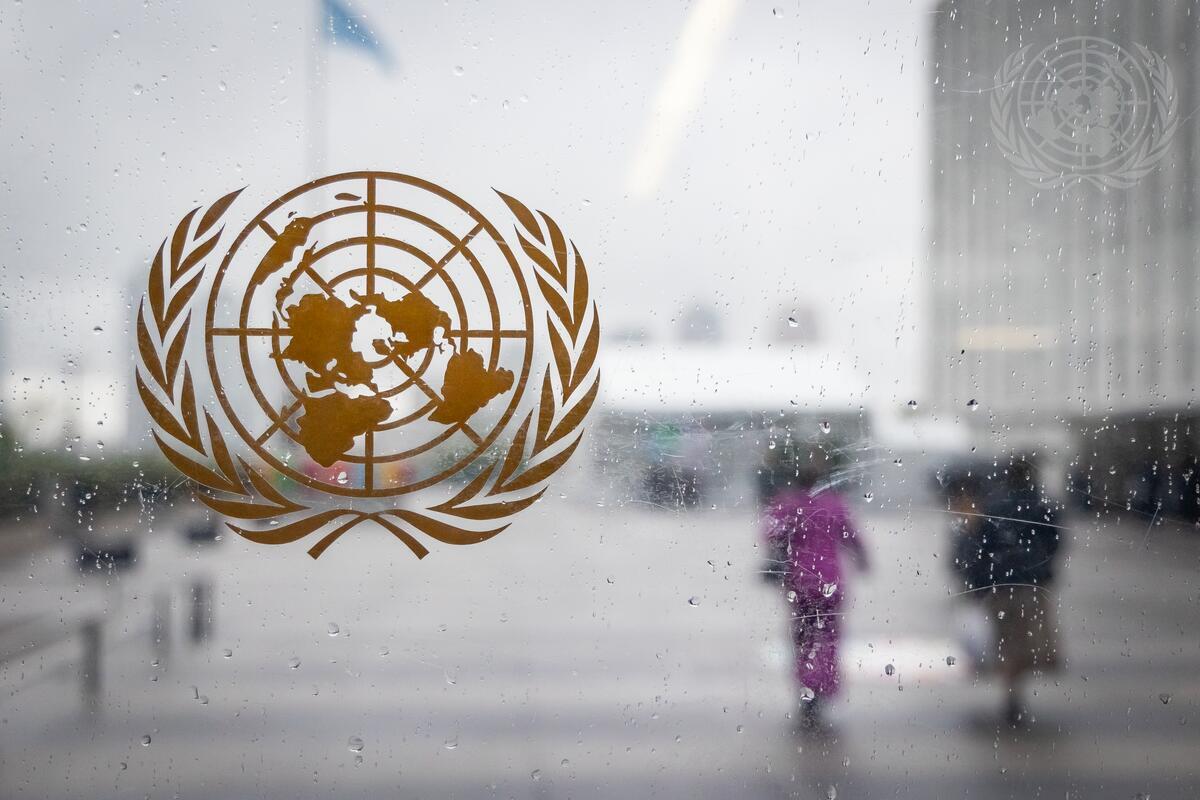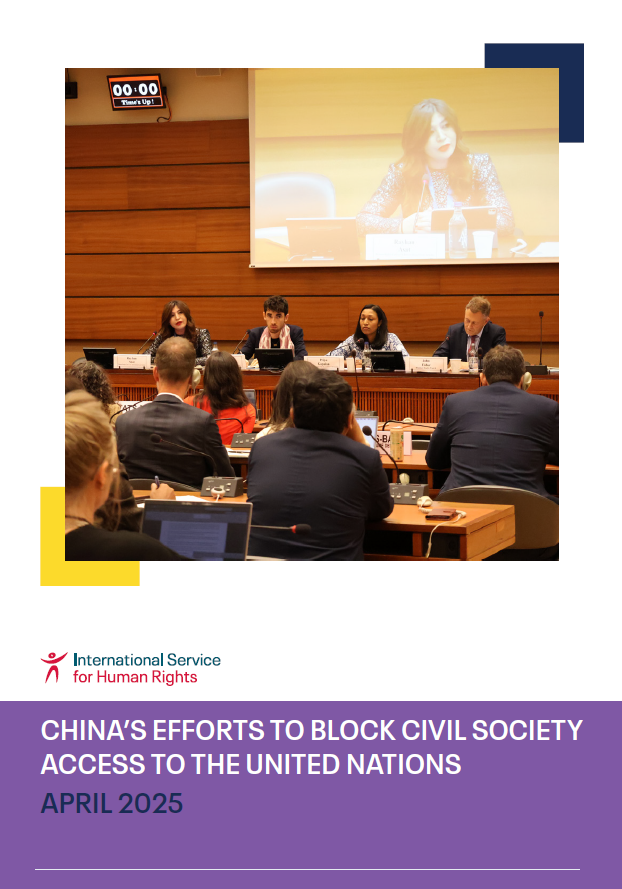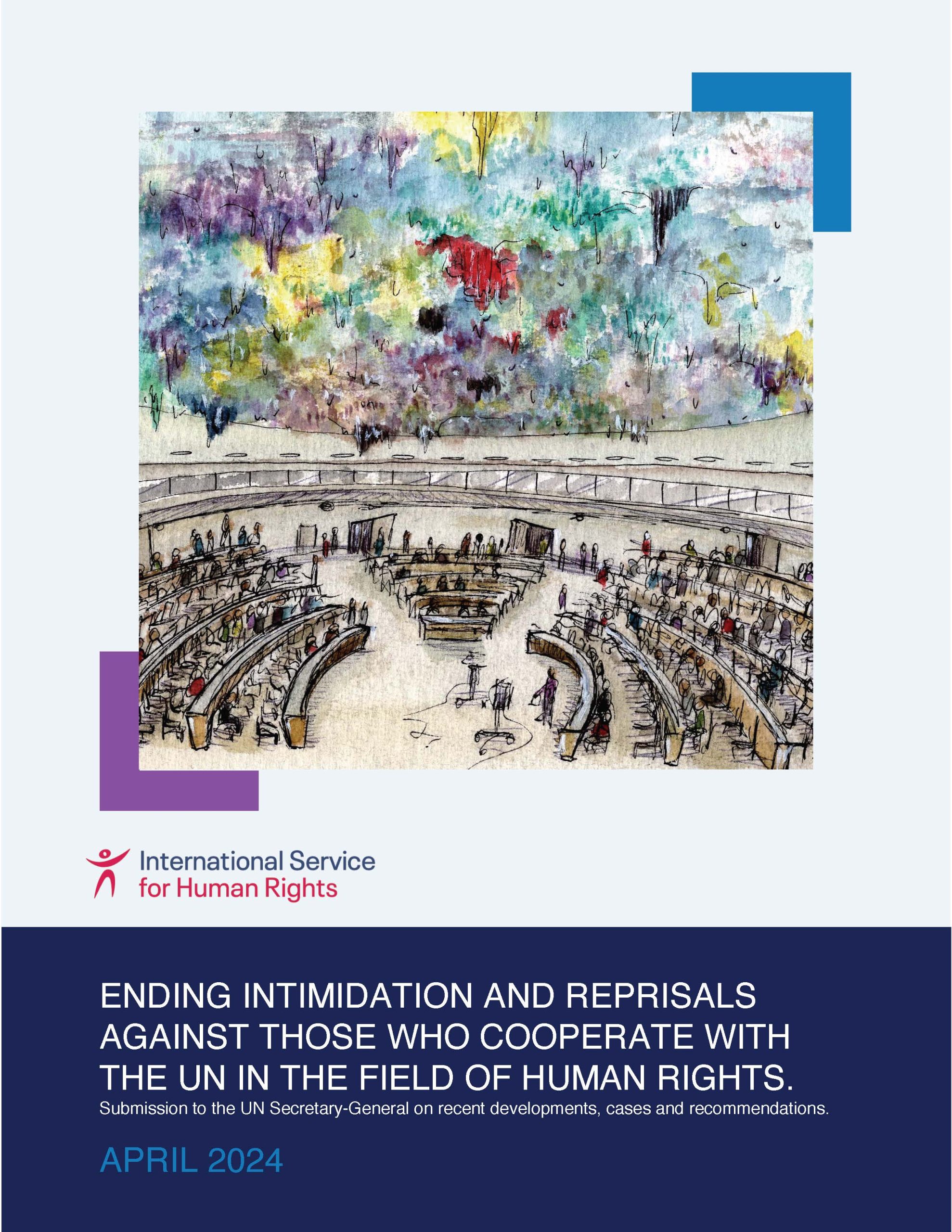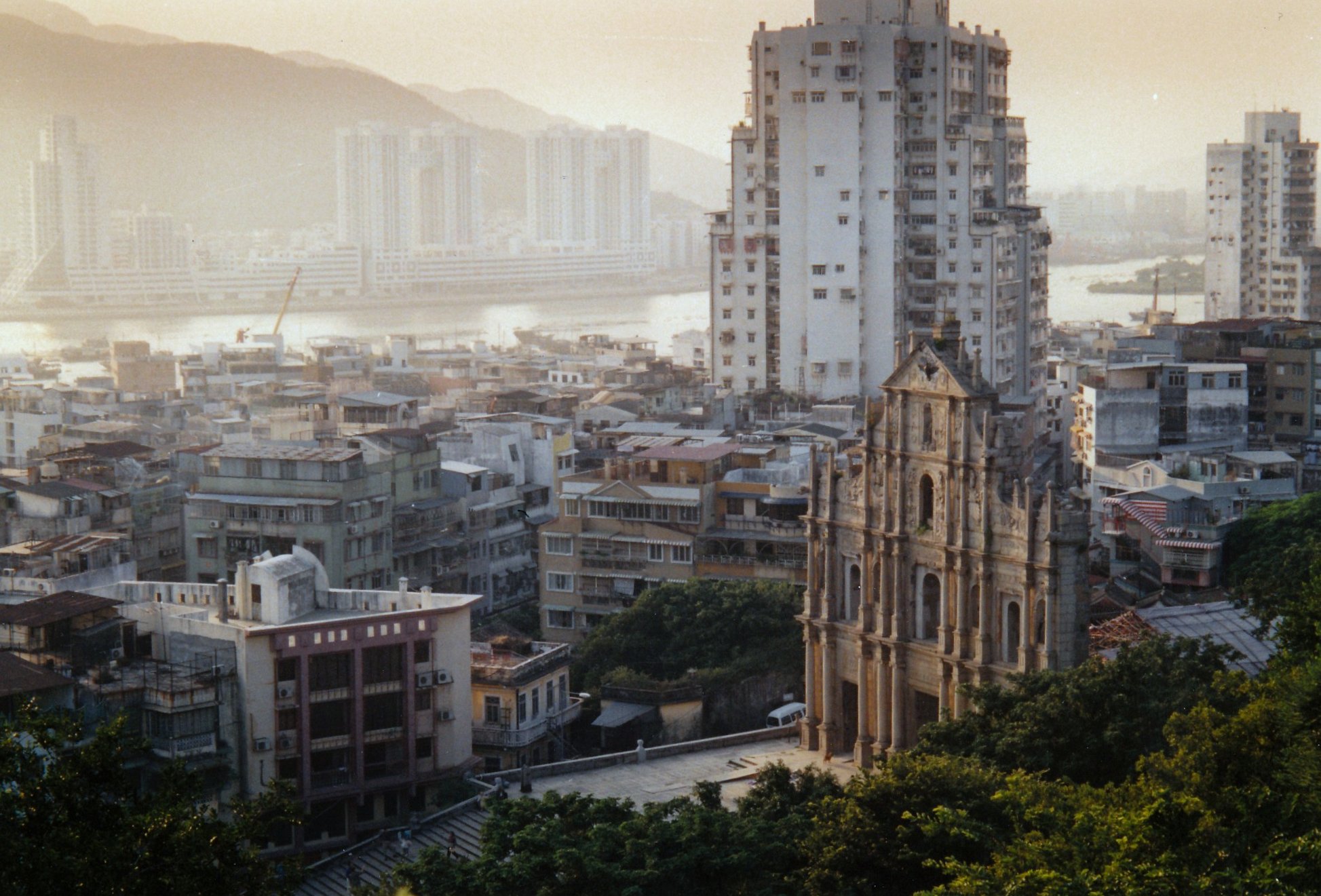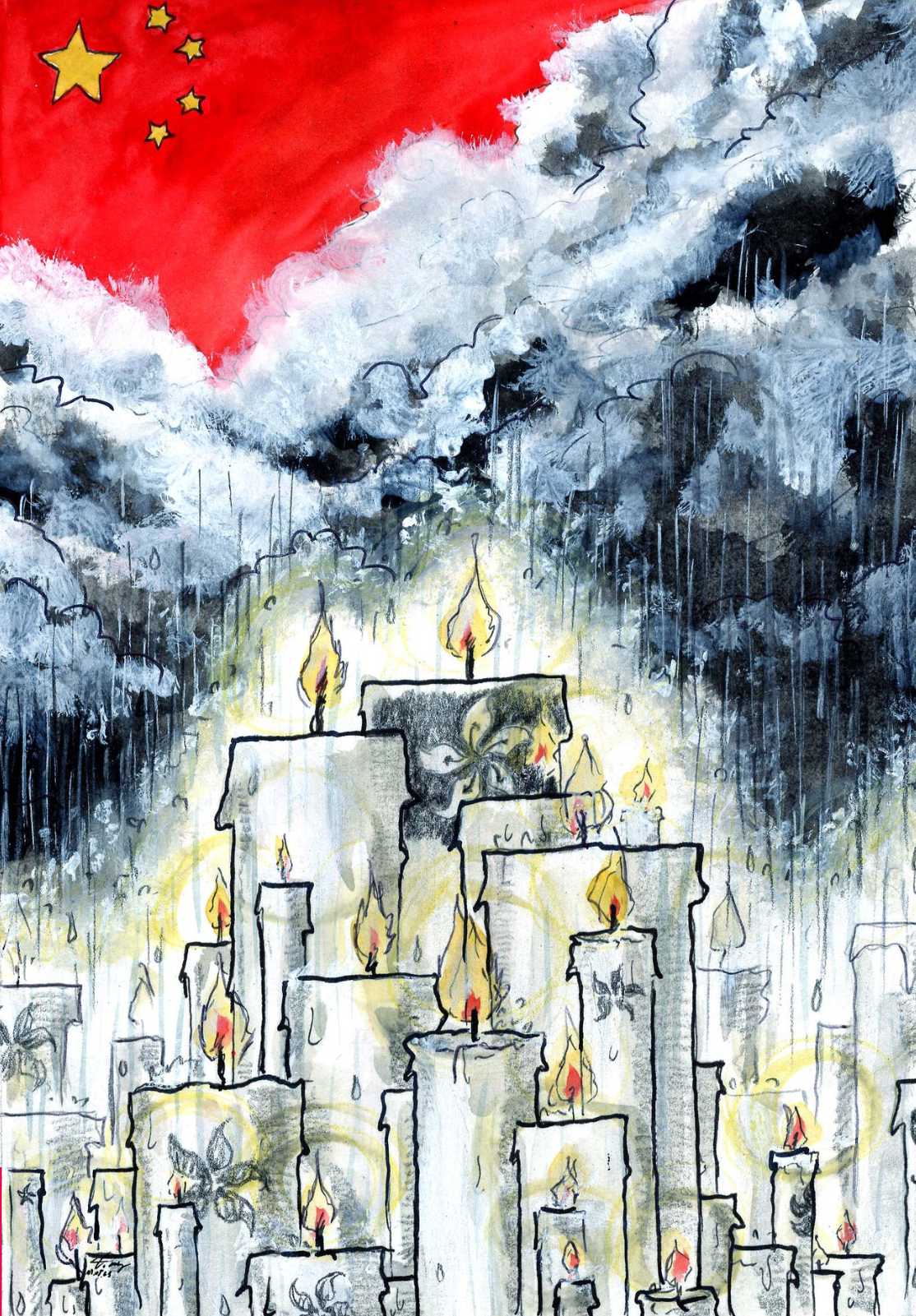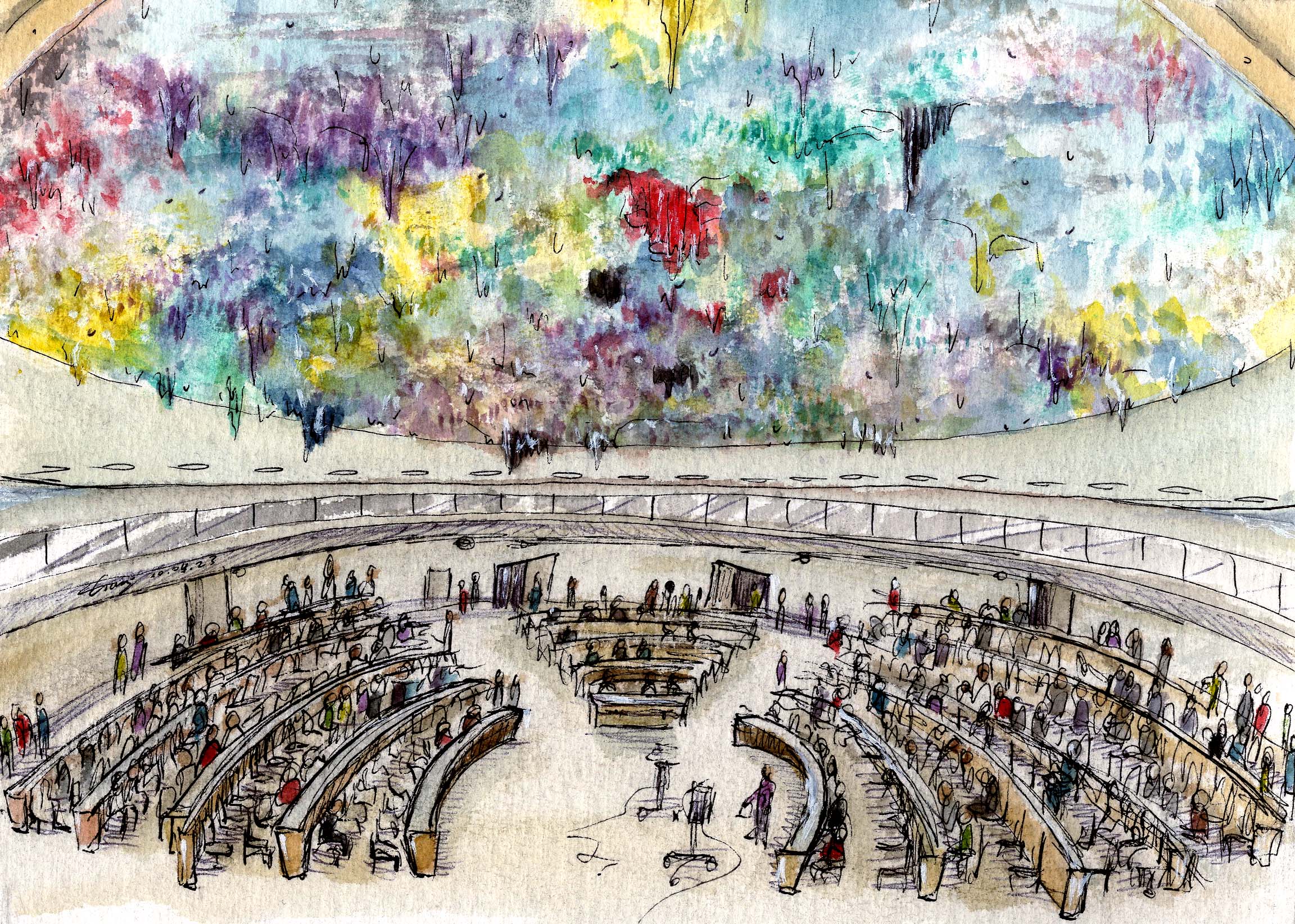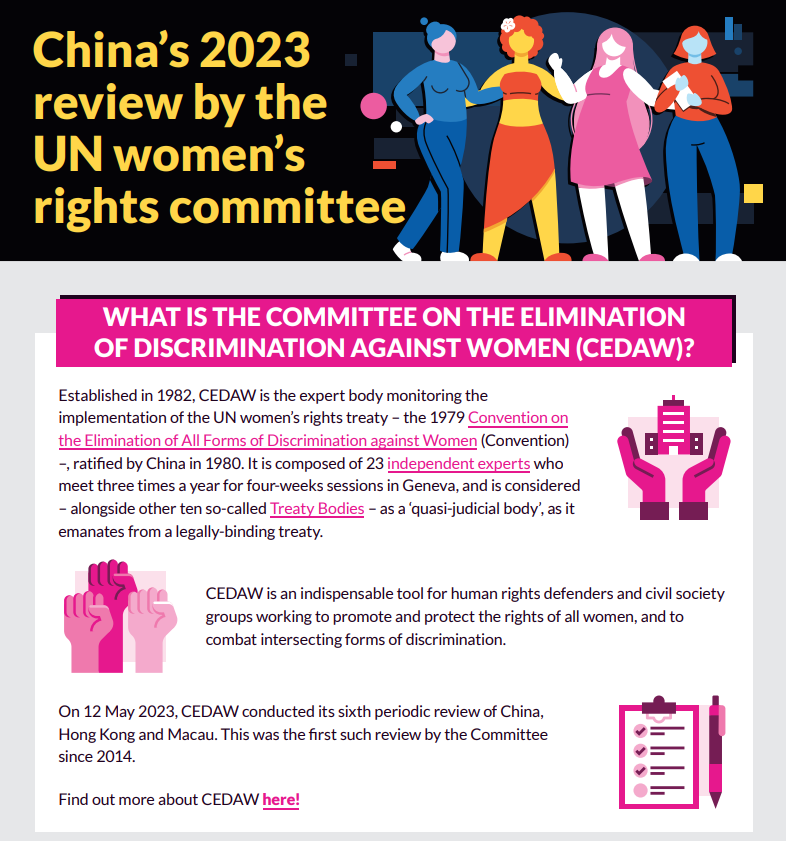The treaty bodies’ functions include considering State parties’ periodic reports, adjudicating individual complaints, conducting country inquiries, adopting general comments interpreting treaty provisions, and organising thematic discussions related to the treaties.
In carrying out their work, treaty bodies consider information provided by the State parties but also from other actors including UN agencies, national human rights institutions and NGOs. For further information on working with the treaty bodies, see the module on UNTBs at the ISHR Academy.
ISHR supports human rights defenders and NGOs to access and leverage the treaty bodies to contribute to the promotion and protection of human rights on the ground. We also monitor and report on the treaty bodies’ examination of State reports and provide case notes on recent decisions on individual communications. ISHR is actively involved in advocacy around the ongoing treaty body strengthening process to ensure that the system is enhanced for the benefits of rights holders.
